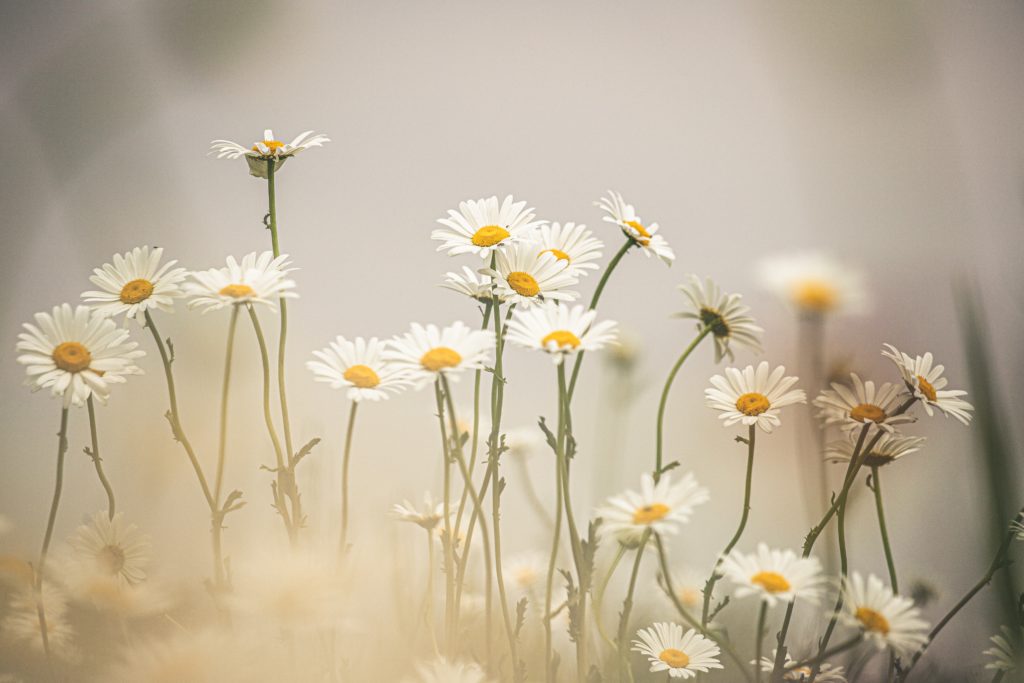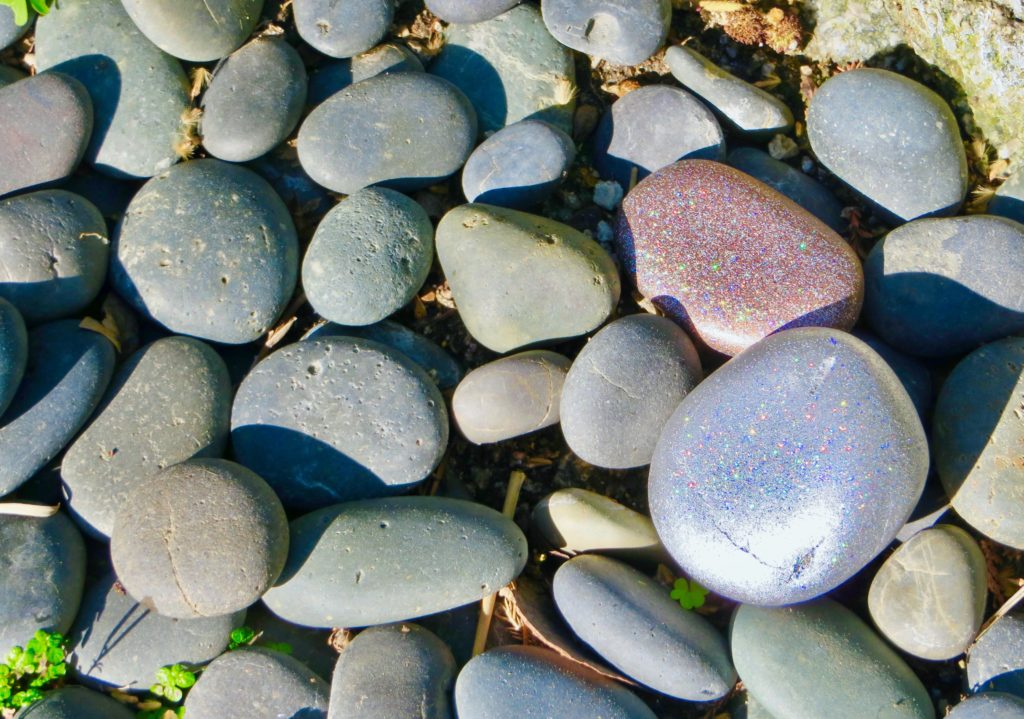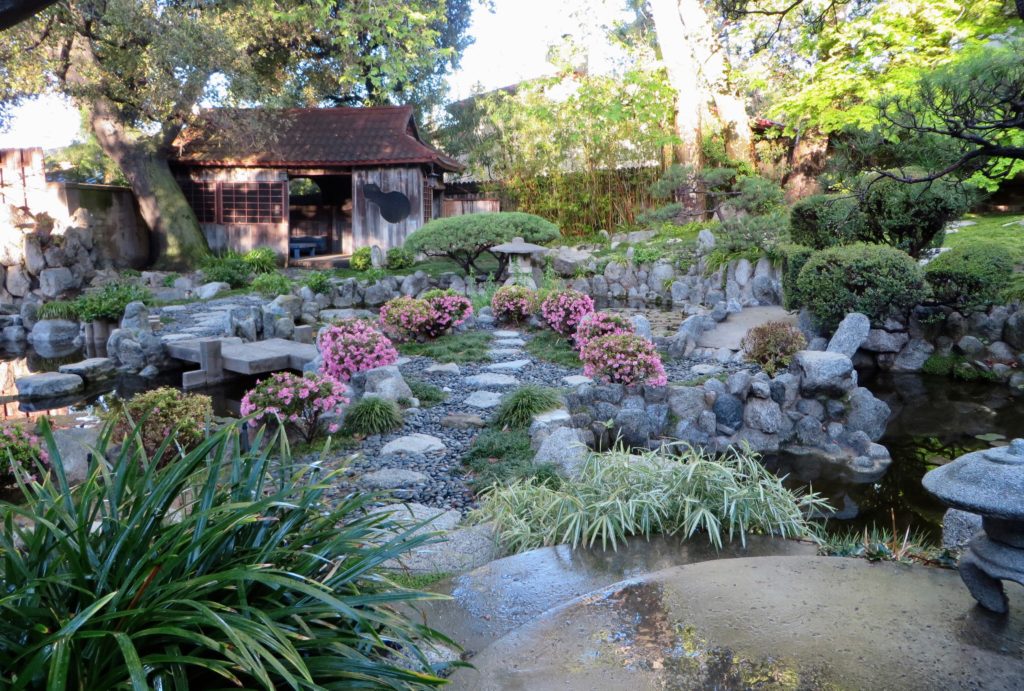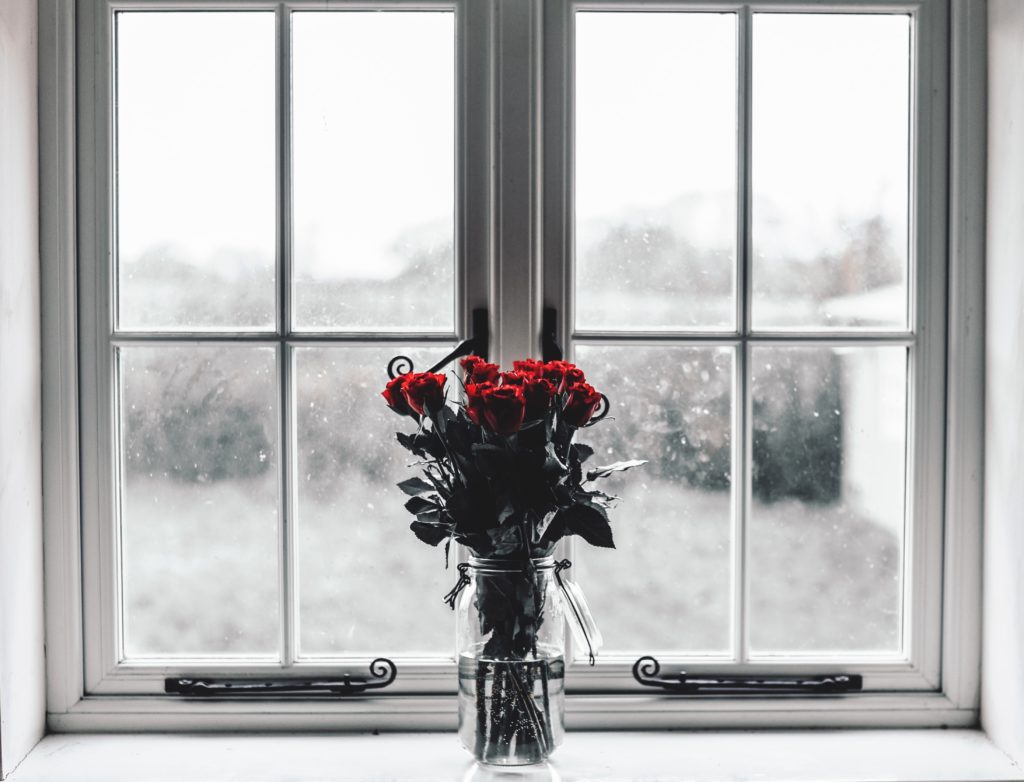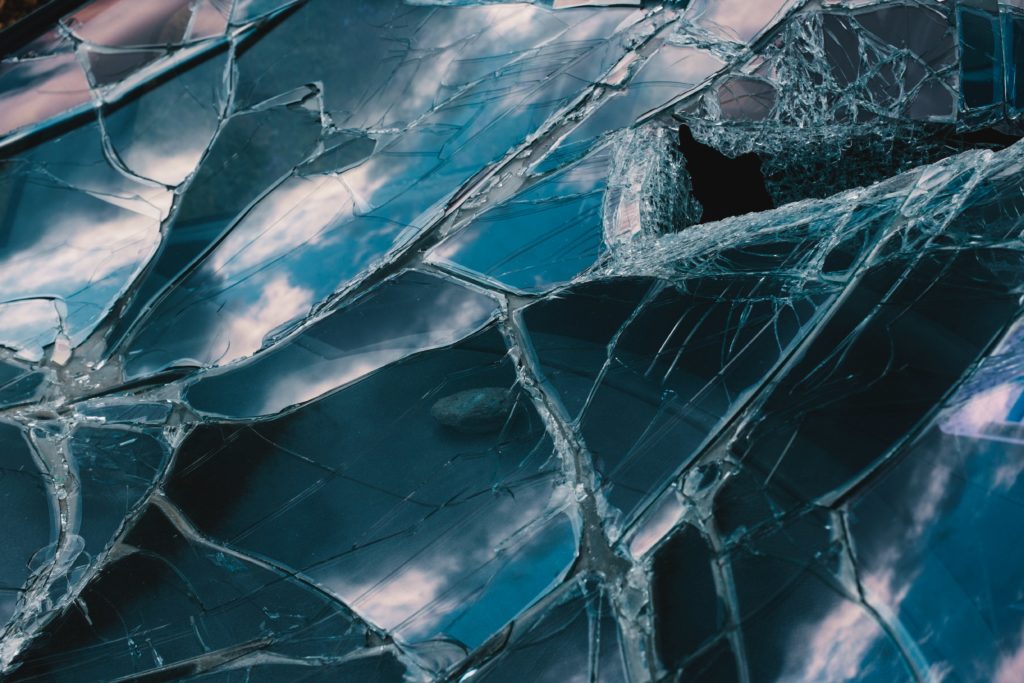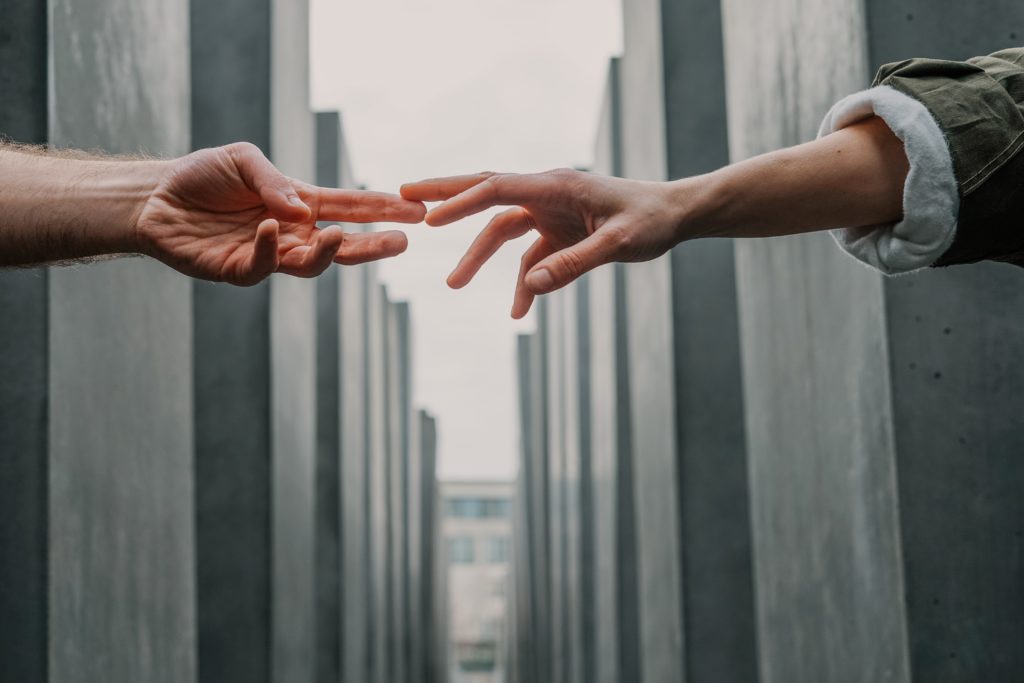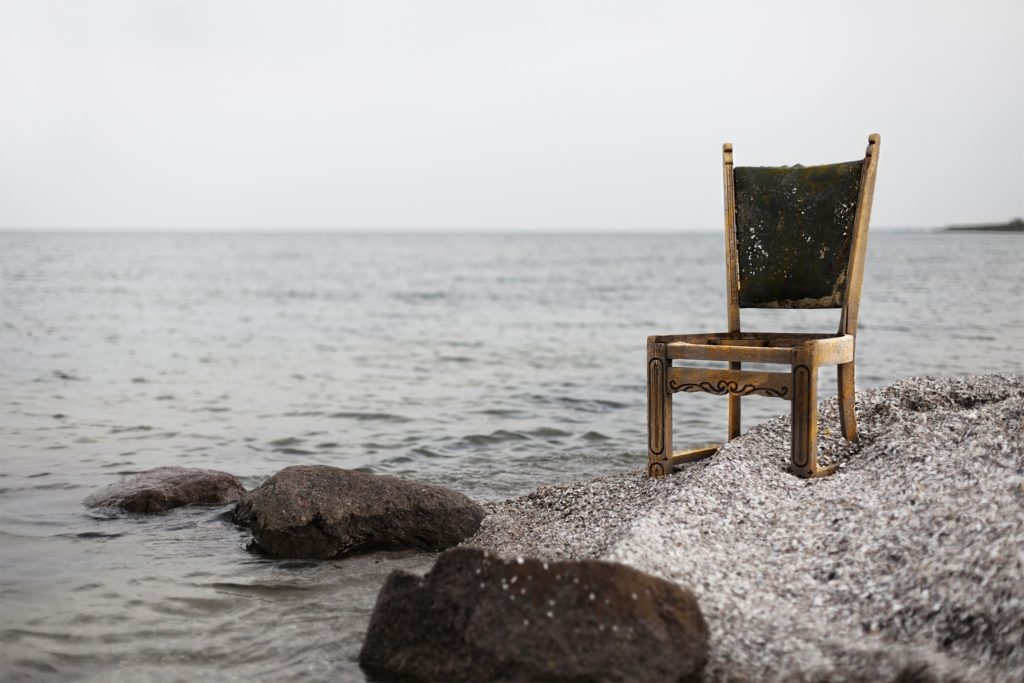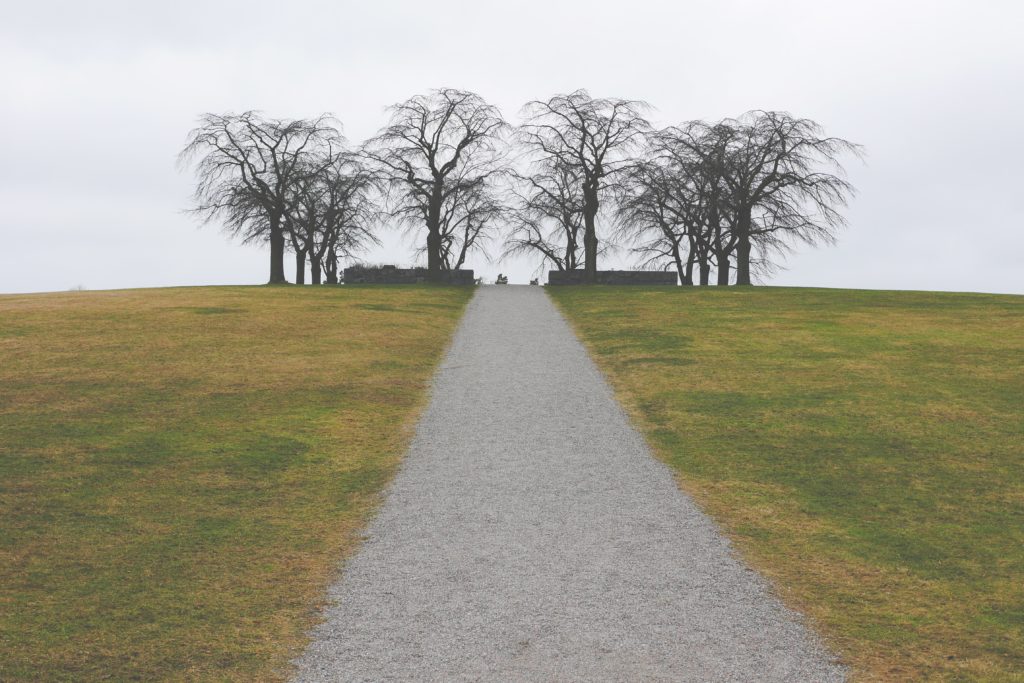
It was an attribute of her deep faith and her final, modest confusion that my mother believed she was dying on Easter, and it was, for her. But for the rest of us it was in the dark night after Maundy Thursday, the day commemorating the Last Supper when, in facing certain death, Jesus gave his disciples a new commandment to love one another as he had loved them. Months before this day my mom had taken quiet confidence in me, telling me what she wanted for her funeral, what she wanted for her body, and asking me to write her obituary. Permission was thus tacitly granted to each other to proceed as we must. At her funeral I rose to say these words. They were not the first thing I had ever written, but they were the first thing I had ever written for myself, to be spoken in my own voice. This is the kind of thing that a mother can teach you. I have remembered it always, and especially on this day every year.
I wanted to share a few things with you about my mother. I’m sure you already know them. They are what bring you here today.
Nonetheless, over the last few months, she said some things that I wanted to pass along. She has probably been saying them to me all my life, but I suspect I heard them, finally, for the first time.
Just last weekend she looked at me, clear-eyed and steady, and told me what I’ve come to recognize as her final instructions.
“Be yourself,” she said. “And take good care of your family.”
Now you know that my mother could never, for one minute, be anything but herself. Honest, unselfish, unpretentious, lighthearted, optimistic and, in a way, so ordinary. So ordinary that she was, in fact, extraordinary. It drew people to her, to her comfort and ease. So open and accepting. So authentic. And so happy!
She kept all the cards and notes you all sent over the course of her illness. Hundreds and hundreds, perhaps even a thousand. She kept every one and everyday, more came. She was so uplifted, and in a way, mystified at the magnitude.
I told her that they showed how much she was loved. “Yes,” she said, and she shook her head in disbelief. “And just for being me.” read more


 1.Wake with the sun
1.Wake with the sun